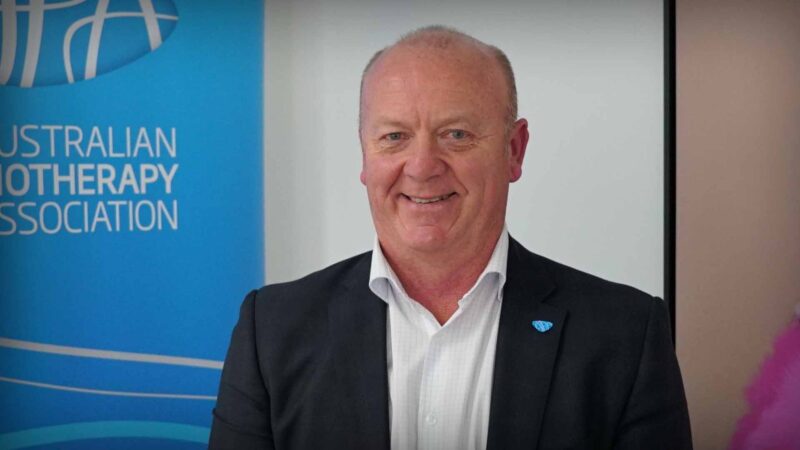LEADING EXTRACELLULAR VESICLE RESEARCH TOWARDS THE NEXT GENERATION OF TREATMENTS AND DIAGNOSTICS
With
Associate Professor Joy Wolfram, Group Leader,
Australian Institute for Bioengineering and Nanotechnology,
School of Chemical Engineering, University of Queensland
PEOPLE IN HEALTH CARE SEGMENT
Filmed in Brisbane | May 2025
Joy Wolfram is an Associate Professor at the Australian Institute for Bioengineering and Nanotechnology and the School of Chemical Engineering at the University of Queensland in Australia. Originally from Finland, she earned both her bachelor’s and master’s degrees in biology before transitioning to engineering with a PhD in nanotechnology completed in China. Wolfram has over a decade of experience working in hospitals in the United States before joining the University of Queensland.
Her research focuses on extracellular vesicles, which are crucial for cell communication both locally within tissues and over longer distances between organs. Her lab studies the roles of these vesicles in both health and disease, particularly in cancer. They investigate the harmful messages released by cancer cells that aid in tumour growth, specifically in breast cancer, while also exploring how to harness beneficial extracellular vesicles from healthy individuals as potential therapeutics.
Wolfram’s lab is currently funded by the National Breast Cancer Foundation for a four-year project aimed at understanding how breast cancer-derived vesicles evade the immune system. Collaborations with the Faculty of Medicine and hospitals in the U.S. enhance her research efforts. Additionally, partnerships with local industries in Brisbane, supported by the Medical Research Future Fund, promote academia-industry connections. Notably, funding from Health Translation Queensland allows her to compensate patient advocates who contribute valuable insights and direction to her research.
Source: Written by AUDIENCED from transcript
You Might also like
-
Scott Willis, talks Physiotherapy
Health Executive Leadership Insights (HELI)
Scott Willis, the National President of the Australian Physiotherapy Association talks Physiotherapy -
Addressing Pharmacy challenges at home and abroad
Paul Sinclair’s progression through the ranks of the International Pharmaceutical Federation (FIP) demonstrates the impact and influence he’s had in representing the pharmacy profession on a global scale. In this Australian Health Journal interview, Paul talks about the 4 themes in the upcoming FIP Congress in Brisbane this month. He also talks about the challenges facing pharmacy with remuneration, professional service delivery and the workforce coming out of the COVID era.
-
Redefining diversity in clinical trials
Ensuring inclusion, diversity, equity and patient input in the development of novel drugs and medical devices has become well accepted in health care. However appropriate implementation of these elements has been a challenge for many. Only by implementing these conscious inputs can patient outcomes be improved and health disparities in marginalised groups be addressed.
Australian Health Journal spoke to Gillian Mason, Consumer and Community Involvement Lead at Hunter Medical Research Institute in Newcastle, NSW on this topic discussed at the recent ARCS Conference in Sydney.



